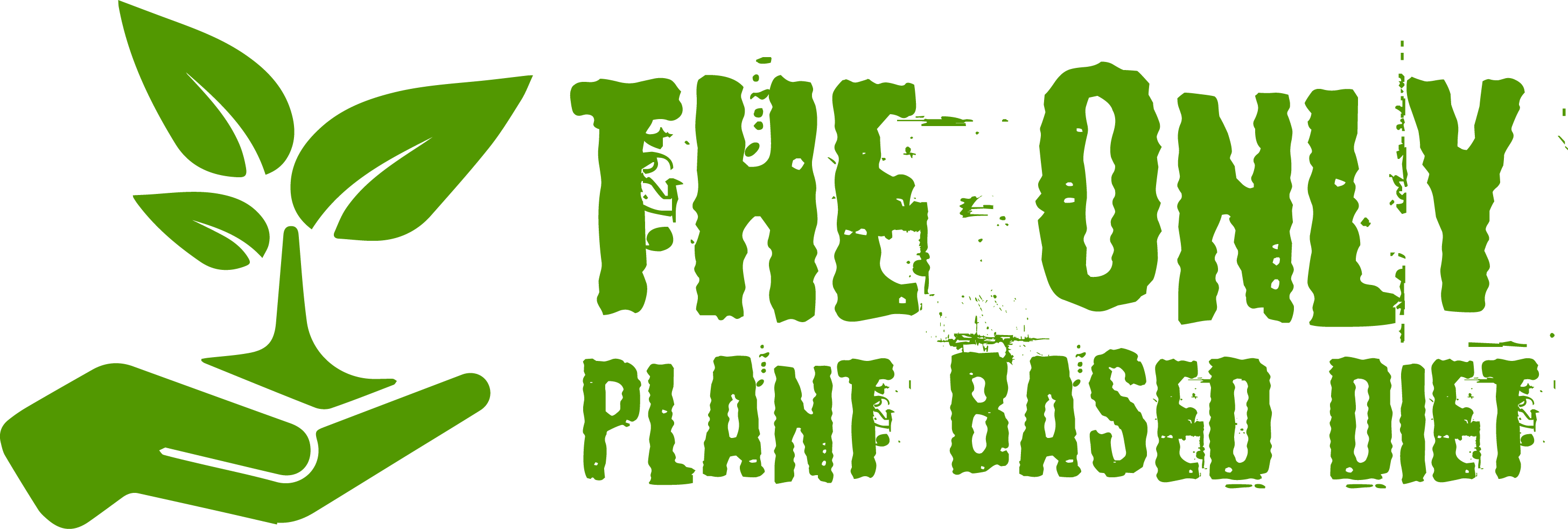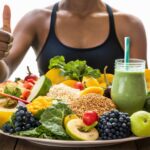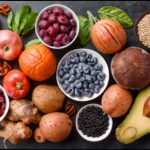In recent years, there’s been a significant shift in global food trends with a growing interest in plant-based diets. People around the world are consciously making decisions to alter their dietary habits, often to improve health, show compassion for animals, or reduce their environmental footprint. If you’re considering this transition, you might find yourself puzzled about what your new diet should include. This guide is designed to illuminate the path for your journey towards a plant-based lifestyle.
Understanding the Plant-Based Diet
A plant-based diet focuses on foods primarily from plants. This includes not just fruits and vegetables, but also nuts, seeds, oils, whole grains, legumes, and beans. It doesn’t mean that you are vegetarian or vegan and never eat meat or dairy. Rather, you are proportionately choosing more of your foods from plant sources.
The Rich Array of Vegetables
Vegetables are a cornerstone of a plant-based diet, offering a kaleidoscope of flavors, textures, and nutrients. They’re packed with essential vitamins, minerals, antioxidants, and dietary fiber. Vegetables low in calories yet high in nutritional value can fill you up without adding unnecessary fats or sugars to your diet. They also provide necessary prebiotics and probiotics that enhance gut health.
The Power of Legumes in Your Diet
Legumes, including beans, lentils, and peas, are among the most versatile and nutritious foods available. They are rich in fiber, protein, and B vitamins, which are essential for your body’s overall function. Pre-soaking legumes can enhance digestibility and deactivate antinutrients, ensuring your body gets the most nutritional bang for your buck.
Nuts and Seeds: Tiny Giants of Nutrition
Nuts and seeds are nutritional powerhouses, providing a good dose of healthy fats, protein, vitamins, and minerals. They aid in the absorption of fat-soluble vitamins from other foods and contribute positively to heart health among other benefits.
The Essential Omega-3 Sources
Particularly, chia seeds, walnuts, and flaxseeds are significant for their high omega-3 fatty acid content. These fatty acids are essential for brain health, reducing inflammation, and are not naturally produced by the human body. Incorporating these into your diet ensures you’re not missing out on these crucial nutrients.
Whole Fruits: Nature’s Sweet Bounty
Fruits are a treasure trove of vitamins, minerals, antioxidants, and dietary fiber. They can satisfy your sweet tooth naturally, help maintain optimum health, and provide the energy you need. Whole fruits, especially those low in calories and high in fiber, can be incredibly beneficial for weight management.
Jackfruit: The Meaty Fruit Alternative
Jackfruit stands out in the plant-based world as a unique meat alternative. Low in fat and high in fiber, it’s not heavily processed like many meat substitutes. Its subtle flavor and meaty texture make it an excellent addition to savory dishes, providing both nutritional benefits and culinary versatility.
Whole Grains: The Forgotten Treasure
Whole grains, often overshadowed in diet discussions, are integral to a balanced plant-based diet. They are excellent sources of complex carbohydrates, fiber, vitamins, minerals, and essential phytochemicals, contributing to sustained energy levels and overall health.
The Importance of Fiber in Plant-Based Diets
A plant-based diet is typically high in fiber, a nutrient essential for proper digestion and one that most people don’t get enough of. Fiber helps regulate blood sugar levels, lowers cholesterol, and can aid in weight control and intestinal health.
Plant-Based Proteins: Going Beyond Animal Sources
One common concern about plant-based diets is protein. However, many plant foods are rich in protein and can provide adequate amounts if consumed in a balanced diet. Legumes, nuts, seeds, whole grains, and certain vegetables all contribute to protein intake.
The Role of Supplements in a Plant-Based Diet
While a well-planned plant-based diet can provide most of the nutrients your body needs, some people may require supplements for nutrients like Vitamin B12, Vitamin D, iodine, or iron, especially in vegan diets. Consulting with a healthcare professional can help determine your specific needs.
Meal Planning and Preparation
Transitioning to a plant-based diet requires thoughtful meal planning to ensure you’re getting a balanced, nutritious diet. Planning meals ahead of time, prepping ingredients, and cooking at home can help you maintain your diet, save time, and reduce food waste.
The Impact of a Plant-Based Diet on Health
Adopting a plant-based diet can have profound effects on health, including a lower risk of heart disease, hypertension, type 2 diabetes, and certain types of cancer. The high fiber content is beneficial for gut health while the lower intake of saturated fat helps maintain a healthy heart.
Your Journey Towards a Healthier You
Embarking on a plant-based diet is an exciting journey of discovery, offering a spectrum of flavors and nutrients that benefit your health and the planet. Remember, it’s about progress, not perfection. Listen to your body, and don’t hesitate to seek professional advice to tailor your diet to your needs.
How To Tell Whether Your Vegan Diet Is Not Balanced
FAQs
Is a plant-based diet the same as a vegan diet?
No, a plant-based diet emphasizes the higher consumption of plant-based foods but doesn’t strictly exclude animal products like a vegan diet does.
Can I get enough protein on a plant-based diet?
Yes, many plant foods are high in protein. Legumes, nuts, seeds, and whole grains are excellent sources.
Do I need supplements on a plant-based diet?
Some people may need supplements like Vitamin B12 or iron. It’s best to consult with a healthcare professional.
Can a plant-based diet help with weight loss?
A plant-based diet, high in fiber and low in unhealthy fats, can help in weight management.
Is it expensive to follow a plant-based diet?
Not necessarily. Basic foods like legumes, grains, and seasonal vegetables and fruits are budget-friendly.







